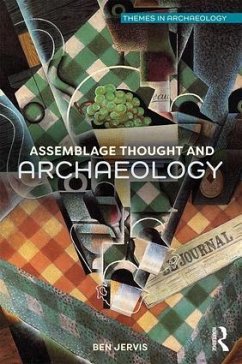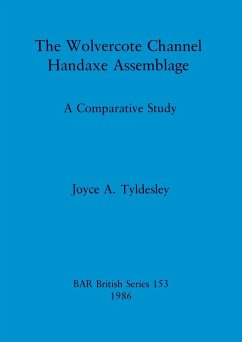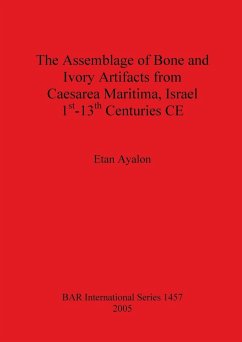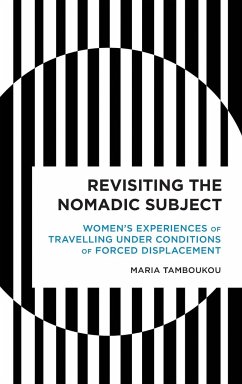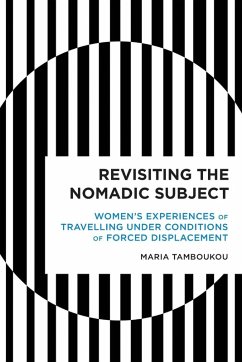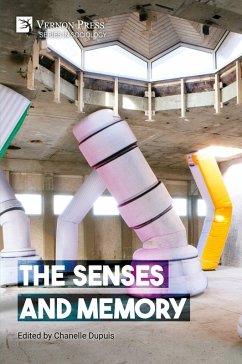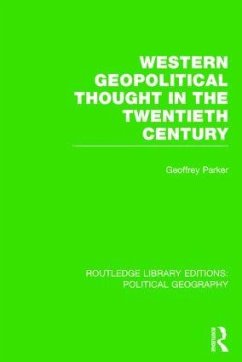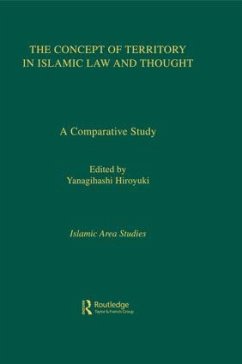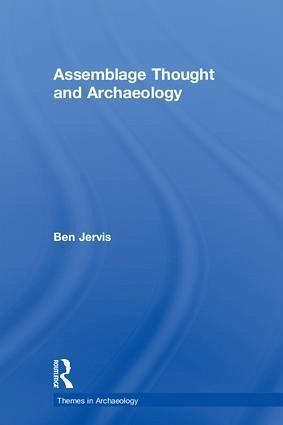
Assemblage Thought and Archaeology
Versandkostenfrei!
Versandfertig in 1-2 Wochen
167,99 €
inkl. MwSt.
Weitere Ausgaben:

PAYBACK Punkte
84 °P sammeln!
Gilles Deleuze and Felix Guattari's concept of 'assemblages' allows us to explore the past in new ways, by placing an emphasis on difference rather than similarity, on fluidity rather stasis and unpredictability rather than reproduceable models. Assemblage Thought and Archaeology applies the notion of assemblage to specific archaeological case studies, examining its implications for studying materials and urban settlements, and exploring its consequences for the practice of archaeological research and heritage management. This book will be of particular interest to postgraduate students of arc...
Gilles Deleuze and Felix Guattari's concept of 'assemblages' allows us to explore the past in new ways, by placing an emphasis on difference rather than similarity, on fluidity rather stasis and unpredictability rather than reproduceable models. Assemblage Thought and Archaeology applies the notion of assemblage to specific archaeological case studies, examining its implications for studying materials and urban settlements, and exploring its consequences for the practice of archaeological research and heritage management. This book will be of particular interest to postgraduate students of archaeological theory and researchers looking to understand this latest trend in archaeological thought.




